Sign Up for The Bluntness Newsletter for your Weekly Dose of Cannabis News
Earlier this summer, an investigation by the Chicago Sun-Times shed light on an intriguing new marker of the growing stability of the cannabis industry, and one that’s already caused repercussions to ripple across multiple states.
Using public records, the paper documented the ways in which state pension funds for retirees, school teachers, and other public employees invested their money in the stock assets of Innovative Industrial Properties, Inc., a San Diego-based real-estate firm who specialize in greenhouse and assorted properties suitable for cannabis industry growers. The published list of states investing in IIP, Inc., included multiple funds in New York, California, and Ohio, as well as certain pension stockpiles in Arizona, Florida, Louisiana, Kentucky, Michigan, Oregon, and Pennsylvania. It’s not accurate to say that all of the states in question independently went out of their way to single out IIP as particularly promising business. They all seemingly purchased the stock as part of “S&P 600 index funds,” designed for institutions to invest in a safe, diversified group of companies that should provide steady value, while minimizing the risk of any one company posting a dramatic, unexpected loss.
So, the news is not significant as a signal that progressive states are taking up an activist role by supporting the cannabis industry with public funds, but more as a telling sign of the times. But when investors as extremely conservative as state pensions begin to find their money steered into cannabis businesses for safekeeping, it does signal that the integration and normalization of the weed industry inside the fabric of the American economy is nearly complete.
Not surprisingly though, an issue that remains as complicated and divisive as marijuana legalization comes with political considerations beyond a steady the bottom line.
The Tennessee Tantrum
A subsequent report published in Chattanooga’s Times Free Press confirmed that Tennessee’s worker retirement fund also carried 7009 shares of IIP, Inc., worth over $700K dollars of investment. This was apparently hot news to the Republican leadership of the state, who have adamantly resisted legalization of any kind and just stonewalled the latest push for medical marijuana earlier this year. The blatant hypocrisy of state governments supporting and benefitting from an industry it denies its own citizens access to was not lost on anyone. Lawmakers in Nashville were left scrambling to correct their “mistake”.
Tennessee fund, which ranks among the best in the country, resembles the other states for pursuing a broad-based “passively managed” strategy that looks to invest in a safe sampling of small companies across many different sectors of the stock market. IIP Inc., as at turns out, has been a shrewd and steady investment providing a tangible benefit for the state’s pensioners, having increased over 25% in value just since the spring. But, due to political embarrassment, Governor Bill Lee has instructed his administration to get rid of its shares quick and study how to reform the fund’s acquisition process to prevent similar successes in the future.
A Deep Double Standard
The entry of state governments into cannabis investment carries an extra layer of grim irony.
The Trump Administration has been semi-hostile to state cannabis markets in general, and the president’s Department of Veterans Affairs stated their opposition to several measures designed to put medical cannabis, which has shown signs of effectively treating PTSD and other maladies directly related to military service, into the hands of veterans. The more outrageous detail is the fact that veterans are actually being stripped of their own hard-earned military pensions if they take on any involvement in state-legal cannabis industries. An official military statement on the case of a decorated West Point alumni who lost his benefits upon taking a post-military job with cannabis giant Acreage suggested that, “A military officer working in the cannabis industry runs contrary to Army values.”
So to recap, veterans are denied potentially beneficial medicine and if they decide to work in the industry that provides it, they run the risk of losing their government support entirely. Meanwhile, state governments are securing their public workers’ futures by loading up on those very investments, which happen to be performing strongly enough to draw the attention of non-political fund managers, to the good government benefit of local administrators actively working to prevent their citizens from actually buying weed.
Stay tuned as continued federal prohibition and accelerating local legalization remains a massive and growing logic puzzle that arbitrarily punishes some individuals while allowing bigger interests to reap vast monetary reward!
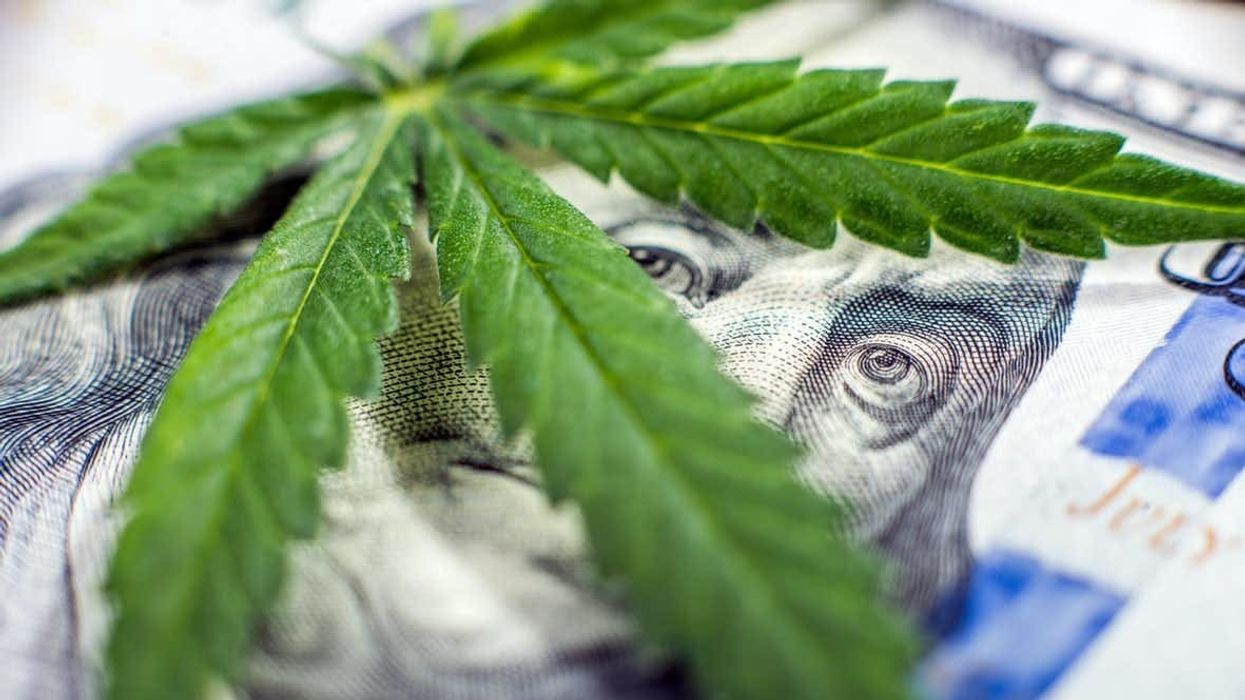


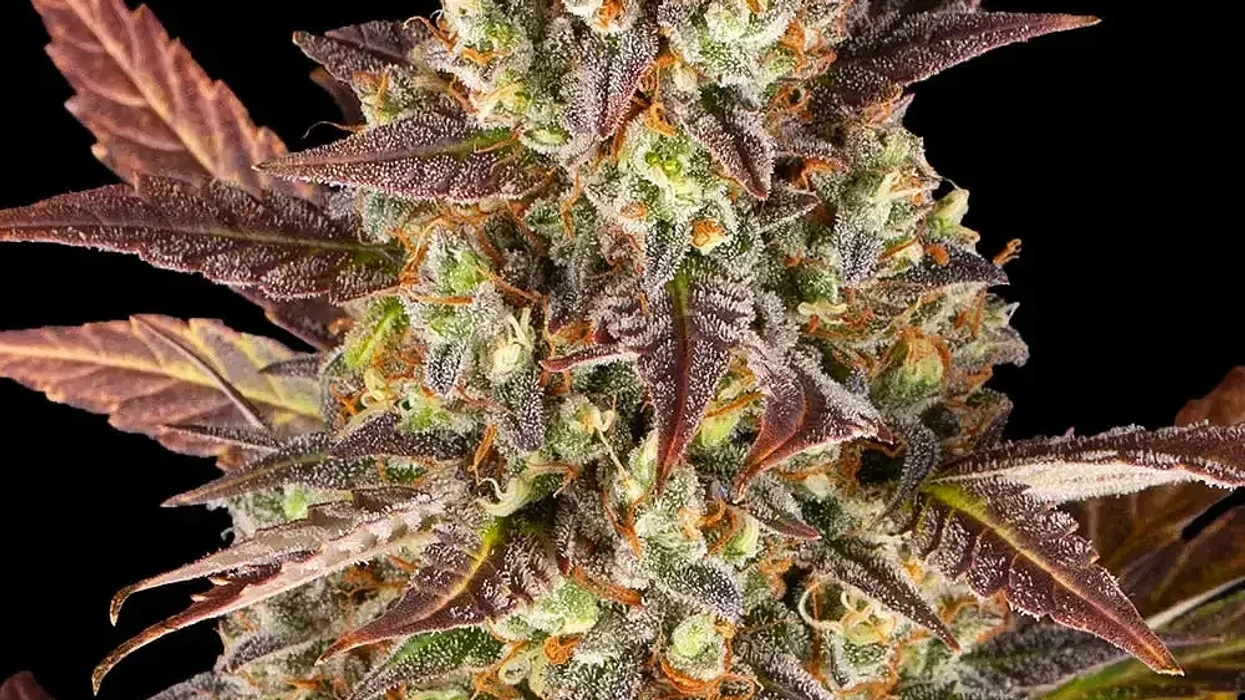
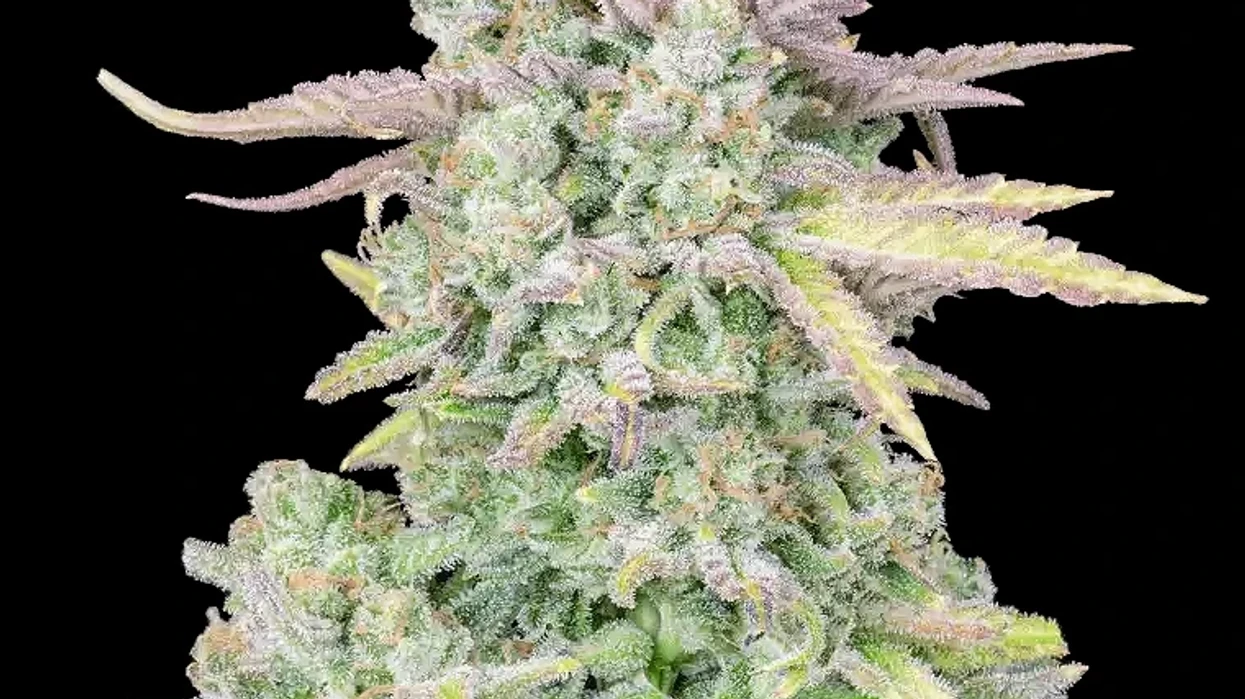









 The Truth About THC Candle: Cannabis Candles & How to Make Your Own - The Bluntness
Photo by
The Truth About THC Candle: Cannabis Candles & How to Make Your Own - The Bluntness
Photo by 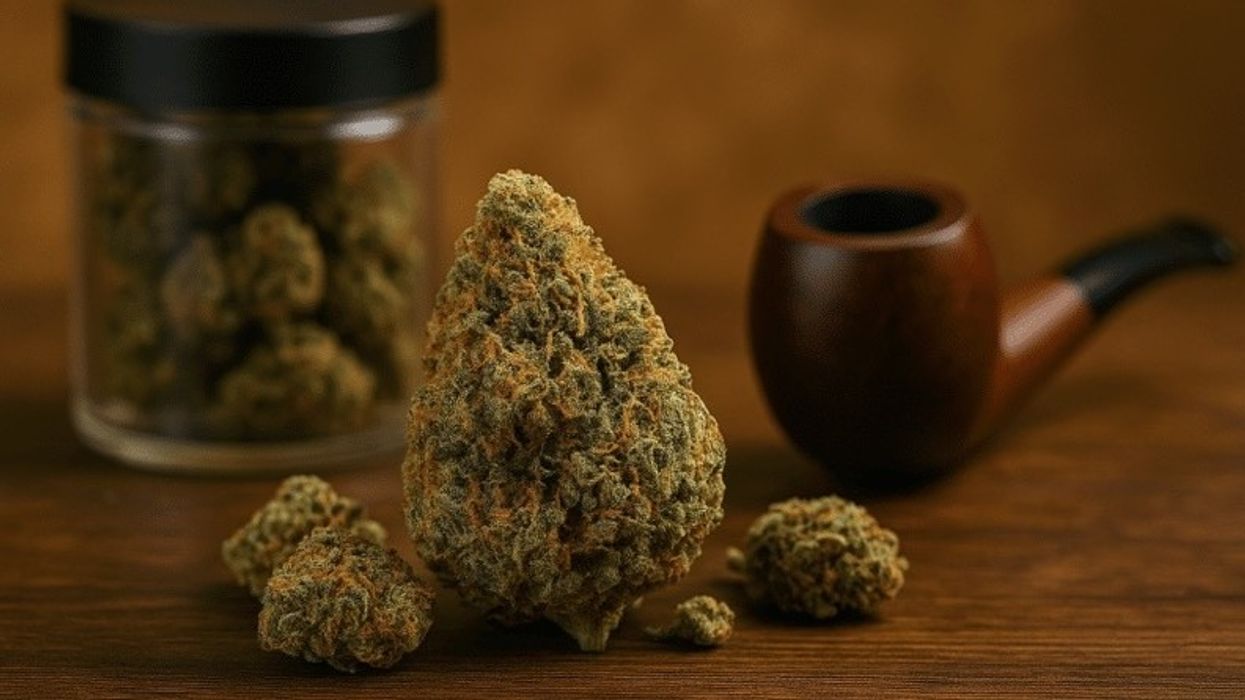
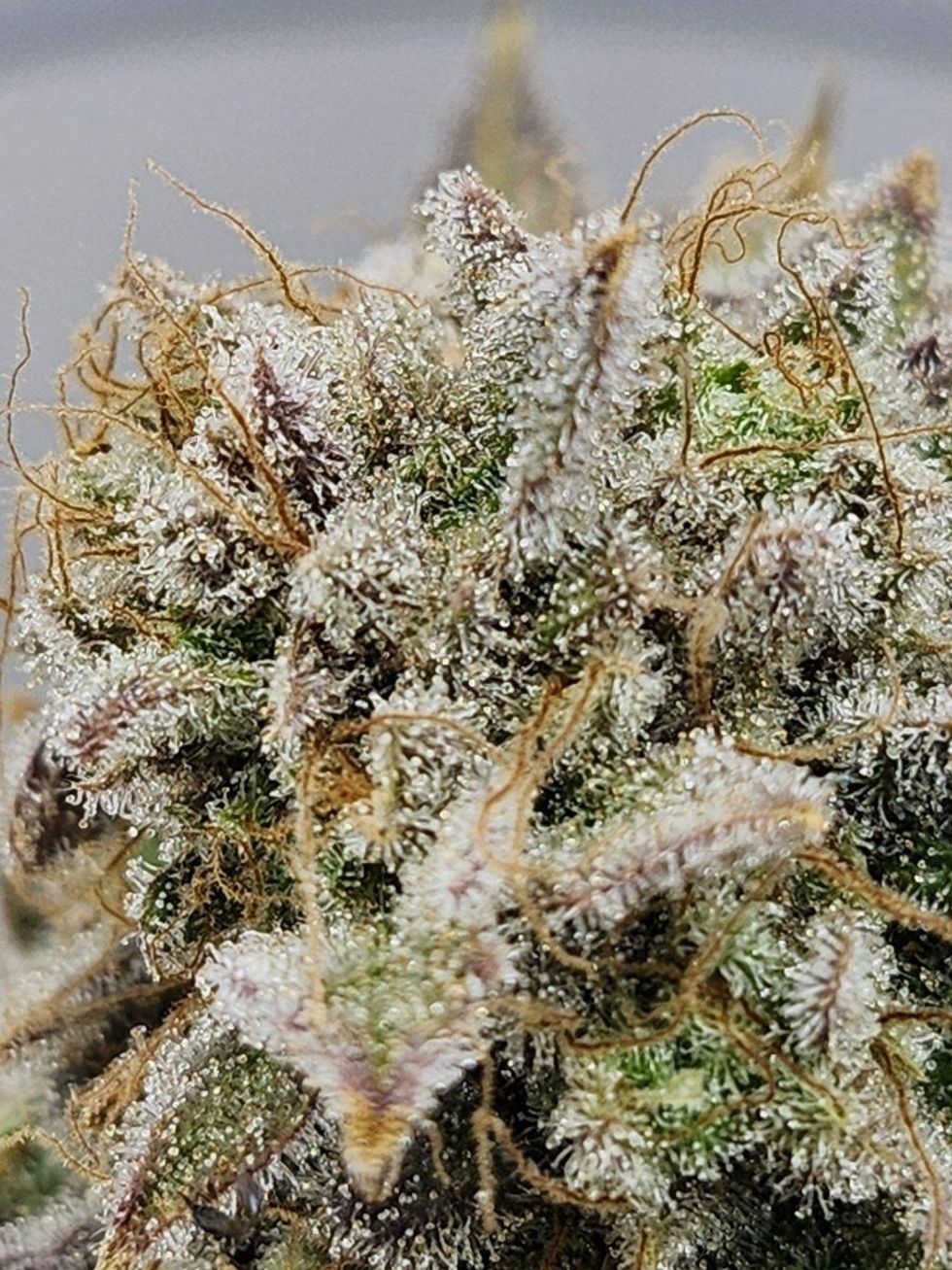 Acapulco Gold Cannabis Strain Review - The Bluntness
Acapulco Gold Cannabis Strain Review - The Bluntness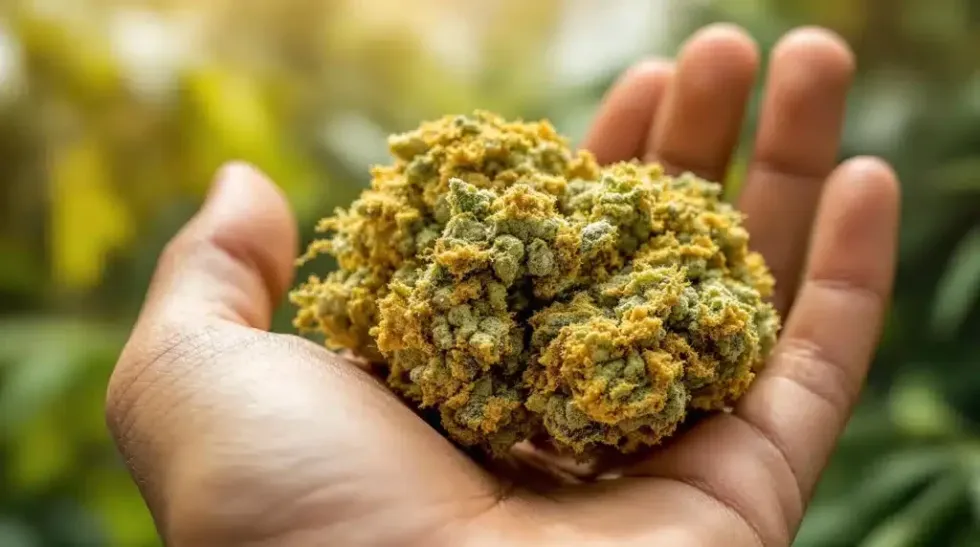 Acapulco Gold Cannabis Strain - The Bluntness Blimburn Seeds
Acapulco Gold Cannabis Strain - The Bluntness Blimburn Seeds

 What will you do with that cannabis kief collection? - Make Coffee! The Bluntness
What will you do with that cannabis kief collection? - Make Coffee! The Bluntness DIY: How to Make Kief Coffee - The Bluntness
Photo by
DIY: How to Make Kief Coffee - The Bluntness
Photo by